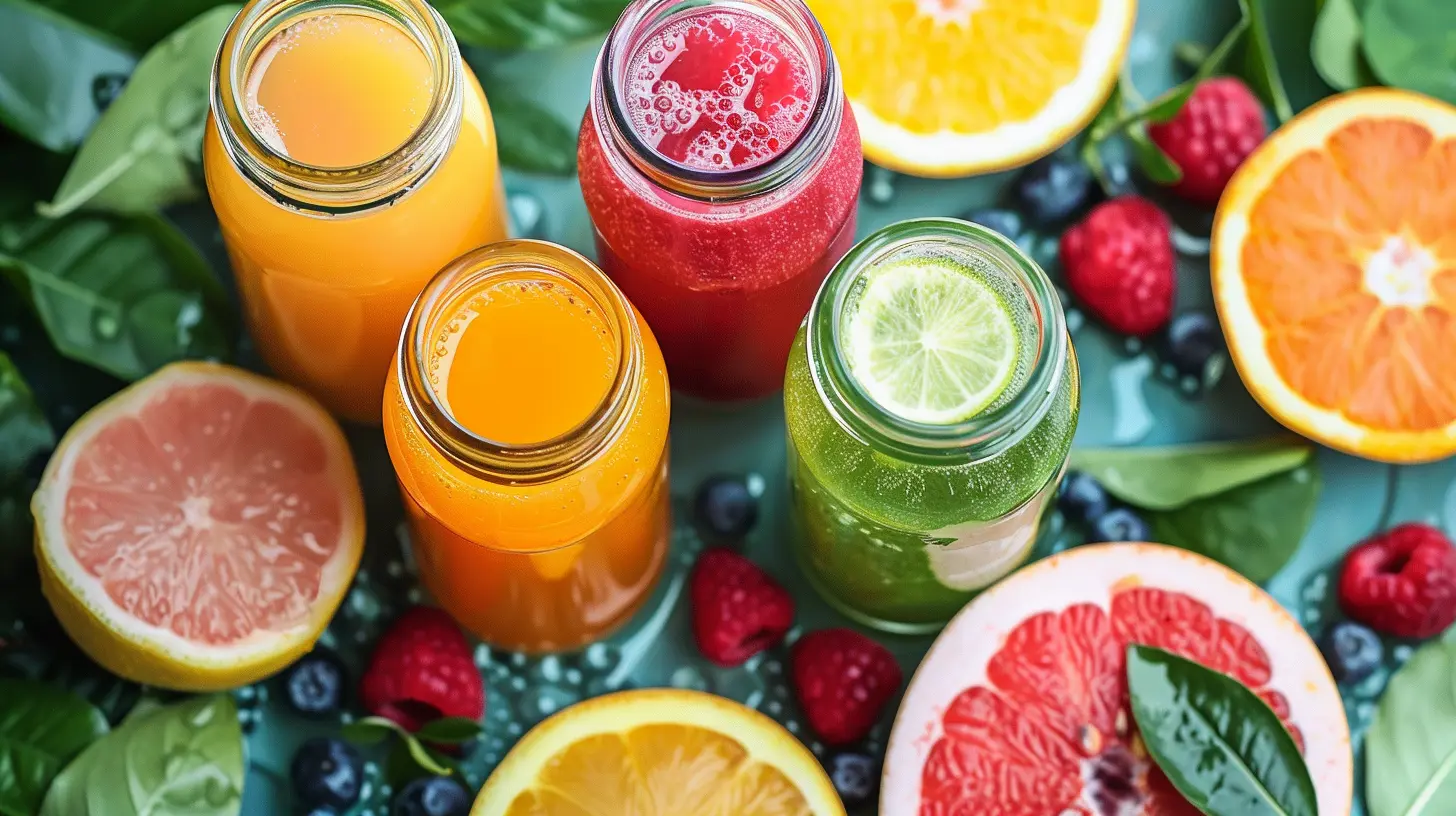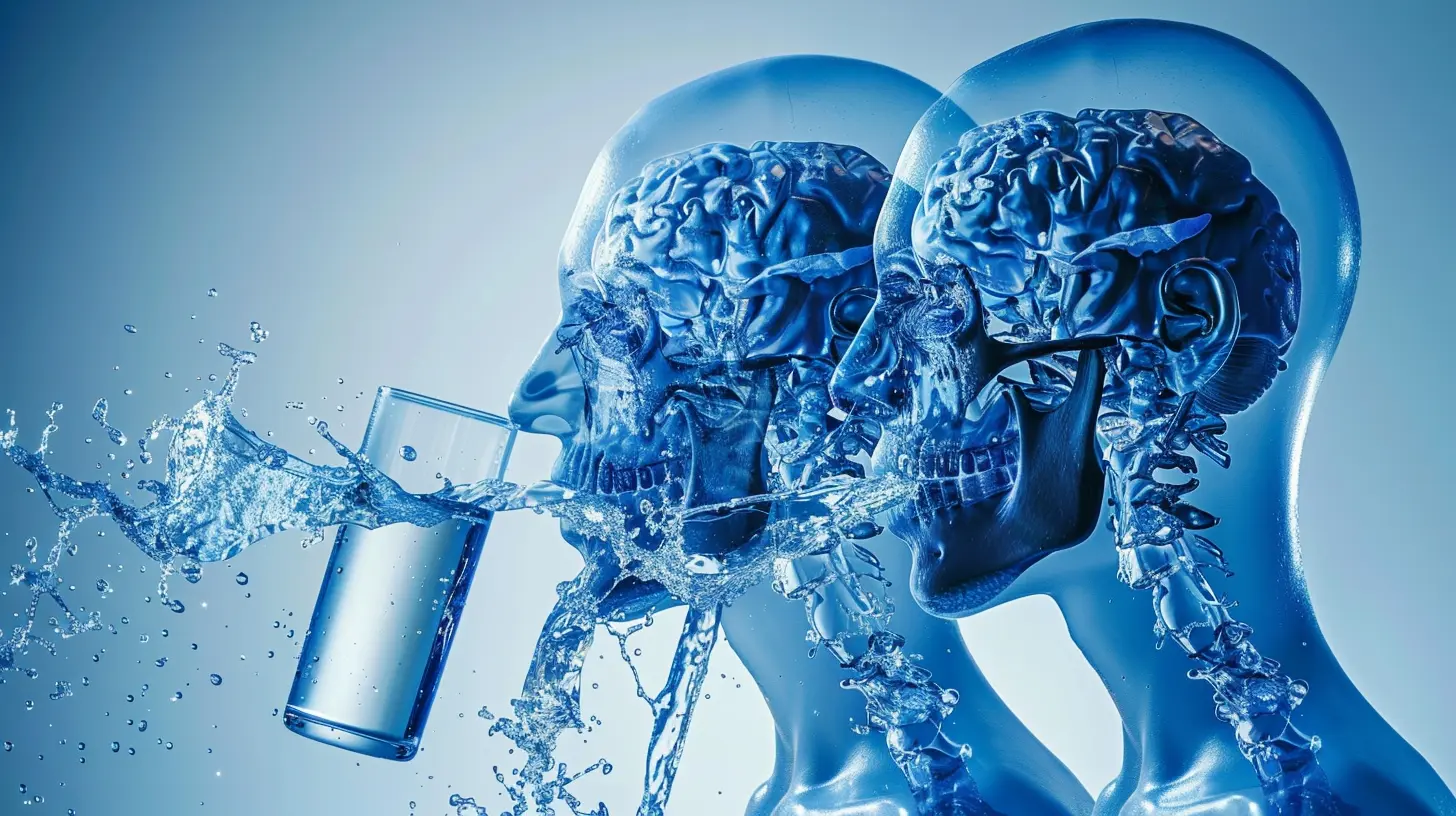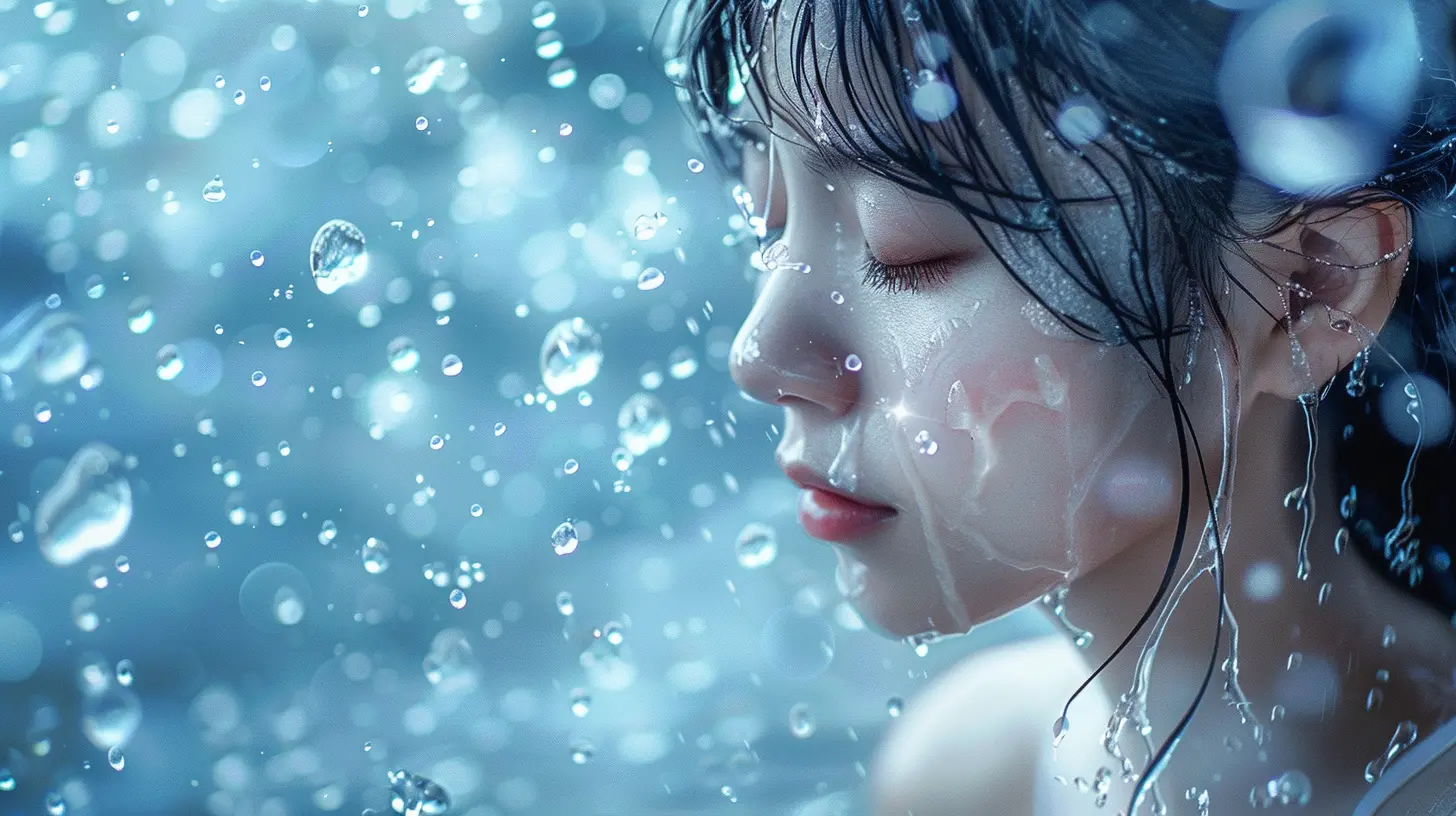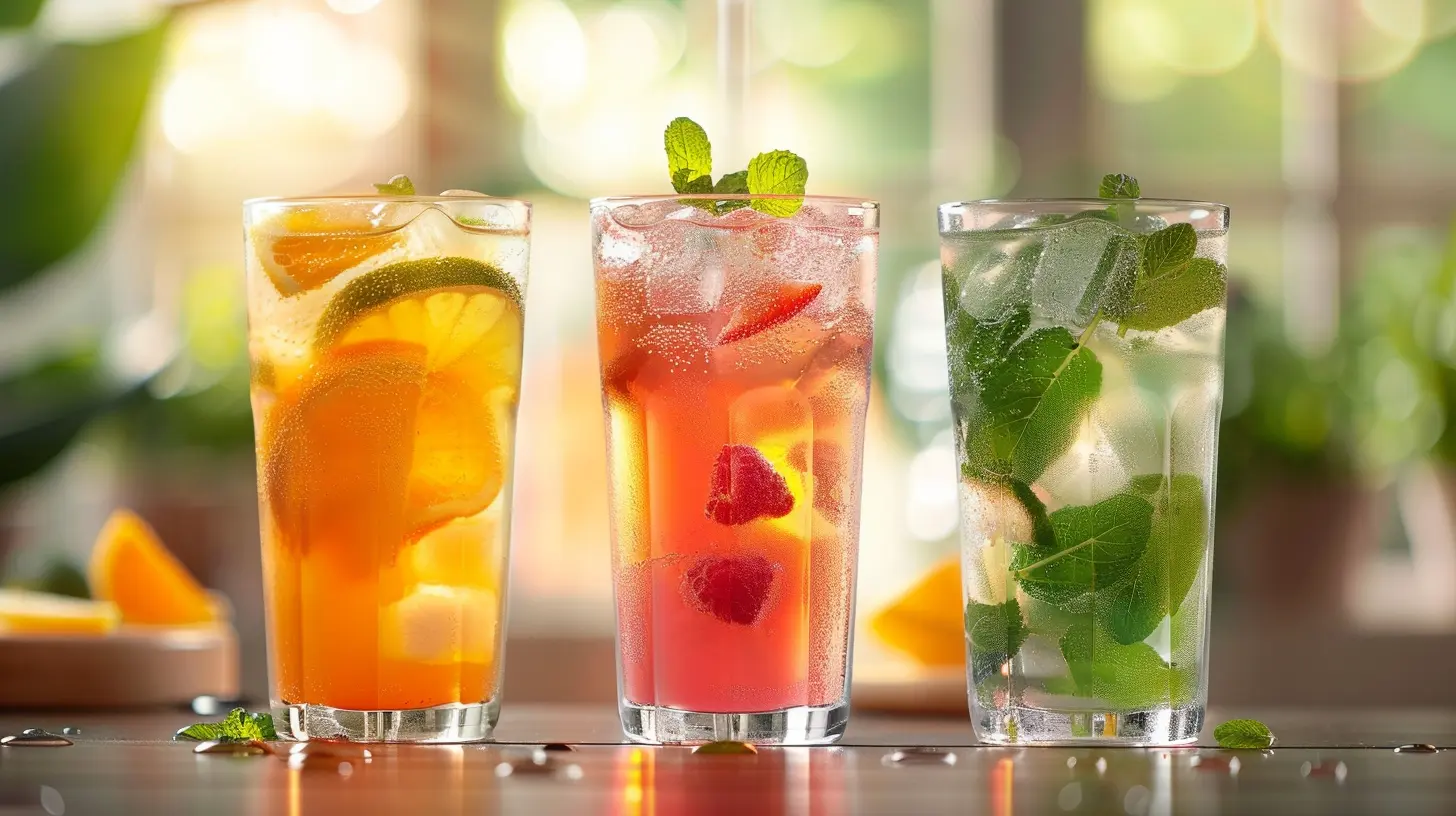What Happens to Your Body When You Don’t Drink Enough Water
27 August 2025
We’ve all heard it a million times: “Drink more water!” But do you know what really happens to your body when you don’t drink enough? It’s not just about dry lips or a nagging headache. Your body is like a machine—and water is the oil that keeps it running smoothly. When you skimp on hydration, all sorts of weird and annoying things start to happen.
So grab a glass of water (yep, right now might be a good time!) and let’s talk about what your body goes through when you’re not getting enough of that sweet, life-giving H₂O.
Why Water Matters More Than You Think
Water makes up around 60% of your body. That means more than half of you is basically... water. It's in your blood, your muscles, your brain, and even your bones. Every cell in your body needs water to work right. Without enough, things start to go haywire—fast.Think of water as your body’s courier service. It delivers nutrients, clears out waste, and helps regulate temperature. Take that away and suddenly, your body’s systems start to struggle.
1. You Start Feeling Tired and Sluggish
Let’s kick things off with one of the first signs of dehydration—fatigue.Ever felt that mid-afternoon crash where your brain turns to mush and every task seems impossible? A lack of water could be the culprit. Dehydration affects your blood flow, which means your heart has to work harder to pump oxygen and nutrients to your muscles and brain. End result? You feel wiped out.
So, before you reach for another cup of coffee—maybe try a tall glass of water. Your body might just be thirsty, not tired.
2. Your Brain Gets Foggy
Can’t focus? Struggling to remember things? Feeling cranky for no reason?Your brain is around 75% water, so it’s no surprise that dehydration throws your mental game off. Even mild dehydration—think 1-2% body water loss—can impair cognitive performance.
You might experience:
- Trouble concentrating
- Poor short-term memory
- Difficulty solving problems
- Increased anxiety or mood swings
It’s like trying to think through a fog. Your neurons need water to fire off signals, and when they’re parched, everything slows down.
3. Your Skin Starts Acting Up
Ever looked in the mirror and thought, “Why does my skin look so dull?”Dry, flaky, or irritated skin can be a glaring sign your hydration game is weak. When you're dehydrated, your body rations water for essential organs—your skin isn't one of them. So it gets dry, loses elasticity, and may even start breaking out.
Hydration helps your skin stay plump, smooth, and glowing. If your skincare routine isn’t working, maybe your water intake needs some tweaking.
4. You Might Gain Weight
Wait—what? Not drinking enough water can make you gain weight?While water doesn't contain calories, dehydration can mess with your hunger signals. Sometimes, your body confuses thirst with hunger—so you might end up eating when you’re actually just thirsty. Also, being dehydrated slows down your metabolism, meaning your body burns calories more slowly.
So yes, water could be your secret weapon if you're trying to lose or maintain weight.
5. Your Digestive System Slows Down (A Lot)
If you’re not drinking enough, say hello to… constipation. 💩Water is essential for breaking down food and moving waste through your intestines. Without it, everything slows down and hardens—literally. This leads to discomfort, bloating, and those awkward runs (or lack of runs) to the bathroom.
Keeping hydrated makes digestion smoother, quicker, and a whole lot more comfortable.
6. You’re More Likely to Get Headaches
Ever notice how those nagging headaches often go away after drinking water?That’s not a coincidence. Dehydration can cause your brain to temporarily shrink from fluid loss, leading to pain and pressure. It mimics the symptoms of a tension or migraine headache.
So, if you frequently get headaches and haven’t been drinking enough—there’s your red flag.
7. Your Heart Works Overtime
Not drinking enough water doesn’t just make you tired—it actually strains your heart.When you're dehydrated, your blood becomes thicker and harder to pump. Your heart has to work double-time to get blood flowing, which can increase your heart rate and even raise your blood pressure.
Long-term dehydration may contribute to cardiovascular issues, especially if you’re already at risk. So yeah, your heart appreciates it every time you hydrate.
8. Your Kidneys Struggle
Your kidneys’ main job is to filter waste out of your blood and recycle water. But when there isn't enough water coming in, they go into survival mode. This can lead to a buildup of waste, and over time, you might develop kidney stones or even infections.Dark-colored urine? Funky smell? These are warning signs your kidneys are begging you for more water. Keep the flow going—they’re depending on you.
9. Your Joints Feel Stiff or Achy
Did you know your joints are cushioned by cartilage that’s mostly water?Without enough fluid, that cushioning starts to weaken. Movements feel harder and more painful, especially if you already have joint issues. Staying hydrated can help maintain that “shock absorber” effect in your knees, hips, and elbows.
So next time you’re feeling stiff, don’t just stretch—sip some water too.
10. Your Immune System Gets Weaker
Water doesn’t just help your body function—it also plays a big role in defending it.Your lymphatic system, which helps fight off infection, relies heavily on water to carry white blood cells through your body. Dehydration slows this system down, making your body more vulnerable to viruses and bacteria.
Think of water as the delivery van carrying your immune soldiers to the front lines. No water = no van = no reinforcements.
11. Your Breath Might Smell... Bad
Nobody wants bad breath, but dehydration could be the sneaky cause.Water helps produce saliva, and saliva keeps your mouth clean by washing away bacteria. Dry mouth, on the other hand, lets bacteria build up—and that means stinky breath.
So if you’re popping mints like candy, maybe try drinking more water instead. Your mouth (and your friends) will thank you.
How Much Water Do You Really Need?
You've probably heard the “8 glasses a day” rule, but the truth is, it varies.Here’s a better guide:
- For men: Around 3.7 liters/day (about 15.5 cups)
- For women: Around 2.7 liters/day (about 11.5 cups)
That includes all fluids—even from food (yes, watermelon counts!). But if you exercise, sweat a lot, or live in a hot climate, you’ll need more.
Listen to your body. If you're thirsty, drink. If your pee is dark yellow, drink. If you’re constantly tired or dizzy, drink. It’s really that simple.
Easy Ways to Drink More Water
Let’s be honest. Drinking enough water is supposed to be easy, but sometimes we just forget. Life happens.Here are a few fun and foolproof tricks:
- Carry a reusable water bottle everywhere
- Add flavor with lemon, cucumber, or berries
- Set reminders on your phone or smartwatch
- Drink a glass before meals to stay on track
- Track your intake with an app or sticky notes
Turn it into a habit, like brushing your teeth or walking your dog. Your body will thank you—over and over again.
Final Thoughts
Water isn’t just about quenching thirst—it’s about keeping every part of your body functioning smoothly. When you don’t drink enough, it’s like trying to drive a car without oil. Sure, you can go for a little while... but eventually, things will break down.From brain fog to fatigue, dry skin to weight gain, the signs of dehydration aren't always obvious—but they are serious. Luckily, the fix is simple: drink more water.
So the next time you’re feeling “off,” don’t just chalk it up to stress or lack of sleep. Grab that water bottle and give your body what it’s really asking for.
Cheers to better hydration—and a healthier you!
all images in this post were generated using AI tools
Category:
HydrationAuthor:

Jackson Mahoney
Discussion
rate this article
1 comments
Dixie Harper
Stay hydrated; your body will thank you every day!
September 12, 2025 at 3:13 PM

Jackson Mahoney
Thank you! Staying hydrated is crucial for overall health and wellbeing.


